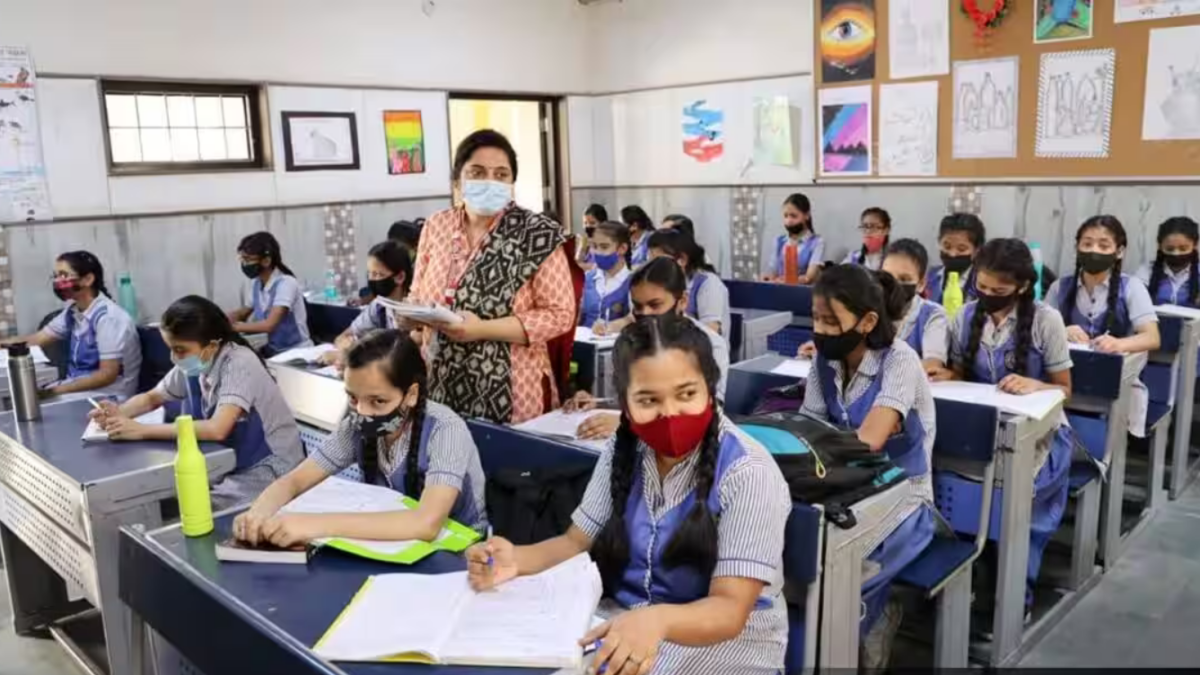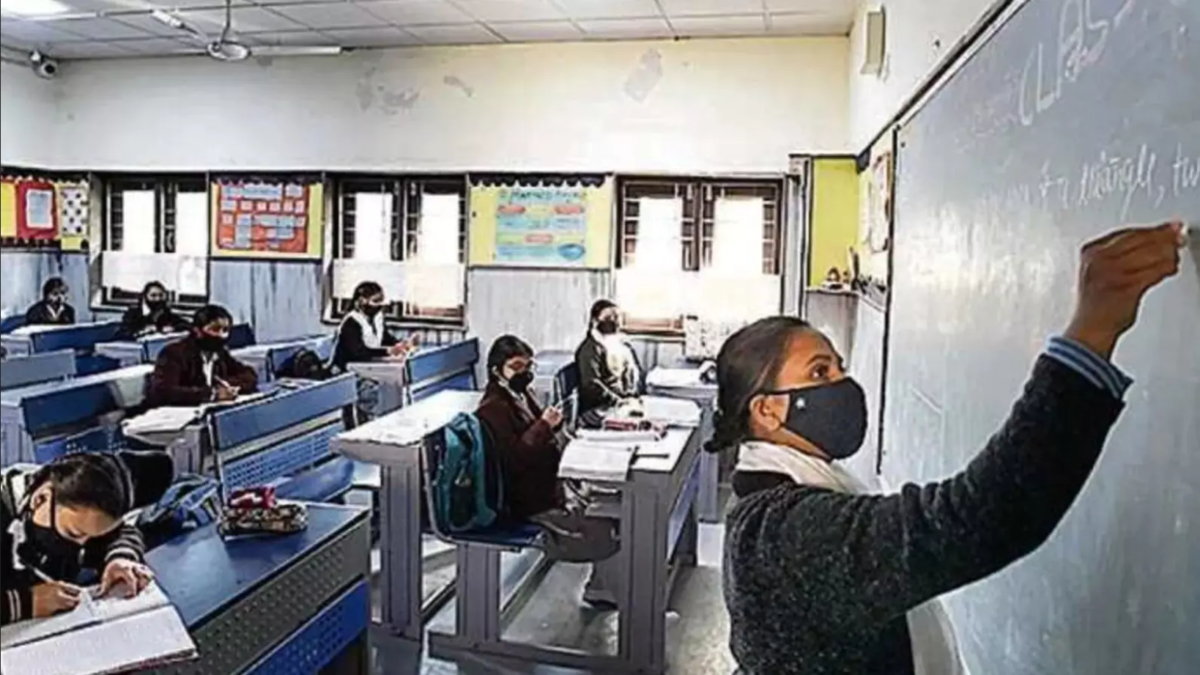
Empowering Youth: The Impact of Sports Programs in Institutes in India
In recent years, there has been a growing recognition of the importance of sports programs in educational institutes across India.
Elevate your sports betting experience with the bet365 app, offering a wide range of markets and competitive odds conveniently accessible on your mobile device.
Traditionally, academics have taken precedence over extracurricular activities, but the paradigm is shifting as institutions realize the holistic benefits of sports in shaping well-rounded individuals. From improving physical fitness to fostering teamwork and leadership skills, sports programs play a pivotal role in nurturing the youth of the nation.
One of the primary benefits of sports programs in institutes is the promotion of a healthy lifestyle. In a time where sedentary lifestyles and obesity are becoming increasingly prevalent among young people, engaging in sports provides a much-needed avenue for physical activity. Through participation in sports, students develop endurance, strength, and agility, laying the foundation for a lifetime of fitness and well-being.
Moreover, sports programs contribute to the overall development of students by instilling essential life skills. Team sports, in particular, teach the value of cooperation, communication, and collaboration. Whether it’s strategizing on the field or supporting teammates during challenging times, students learn to work towards a common goal and appreciate the importance of collective effort. These experiences translate beyond the sports arena, preparing individuals for success in various aspects of their personal and professional lives.
In addition to teamwork, sports programs also nurture leadership qualities among students. Captaining a team, making tactical decisions, and motivating fellow players are just some of the ways in which students assume leadership roles in sports. These experiences not only build confidence but also cultivate essential leadership skills such as decision-making, problem-solving, and resilience. As future leaders of society, it is imperative for students to develop these attributes, and sports programs offer a dynamic platform for their growth.
Furthermore, sports programs contribute to the cultural fabric of educational institutes, fostering a sense of camaraderie and school spirit. Inter-school tournaments and competitions provide opportunities for students to showcase their talents, forge friendships, and establish bonds with peers from diverse backgrounds. This sense of belonging enhances the overall student experience and creates lasting memories that extend far beyond graduation.
Beyond the individual and institutional level, sports programs also have broader societal impacts. By promoting inclusivity and diversity, sports break down barriers and bring people together irrespective of their backgrounds. In a country as diverse as India, where cultural, linguistic, and socio-economic differences often divide communities, sports serve as a unifying force, fostering understanding and mutual respect among individuals.
Despite the myriad benefits, sports programs in institutes in India face several challenges. Limited infrastructure, inadequate funding, and a lack of trained coaches are some of the obstacles that hinder the growth of sports at the grassroots level. Additionally, societal pressures to prioritize academic excellence often overshadow the importance of sports, leading to neglect and underinvestment in sports programs.
To address these challenges and harness the full potential of sports programs, concerted efforts are required from various stakeholders, including educational institutions, government bodies, and corporate entities. Investing in sports infrastructure, providing training for coaches, and integrating sports into the curriculum are crucial steps towards creating a conducive environment for sporting excellence.
Moreover, there needs to be a cultural shift in the perception of sports from being merely a recreational activity to a fundamental component of education.
To ensure fair play app the official guidelines provided by the regulatory authority.
Emphasizing the holistic development of students, wherein physical, mental, and emotional well-being are equally prioritized, is essential for the integration of sports into the educational ethos of the nation.
In conclusion, sports programs in institutes in India play a vital role in shaping the future generation. Beyond promoting physical fitness, these programs impart valuable life skills, foster leadership qualities, and promote inclusivity and diversity. However, realizing the full potential of sports requires overcoming challenges and fostering a culture that values the integral role of sports in education. Through collective action and commitment, we can empower the youth and build a healthier, more resilient society for generations to come.

